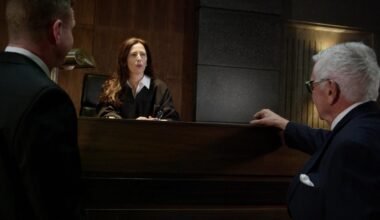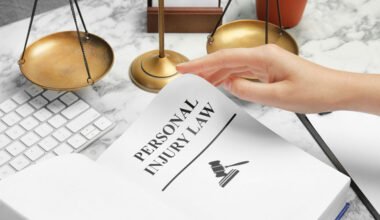California’s vast landscapes, from forested mountains to arid valleys, make it especially vulnerable to wildfires. In recent years, rising temperatures and prolonged droughts have only intensified the risk.
In California, wildfires have become more than seasonal headlines; they’re a regular threat. Many are linked directly to the negligence of companies that fail to maintain their infrastructure. At Bernheim Law Firm, we handle business claims for victims across the state who were affected by these preventable disasters.
Our California wildfire lawyers are experienced in identifying where companies went wrong and holding them accountable. We handle everything from collecting evidence and proving liability to negotiating with insurers or taking your case to court.
We’re based in California, and we know the laws here. We also know how to work with insurance companies that often try to pay out as little as possible.
The Mistakes Business Owners Often Make Without Legal Help
A lot of business owners try to file their wildfire claims on their own, but here are the things you’re likely to miss when you don’t have someone from our firm in your corner.
You Might Fail to Prove Negligence
To win your claim or lawsuit, you need to show that the fire was not an accident but was caused by the negligence of a specific party.
That means you need hard proof: maintenance records, inspection histories, expert reports, maybe even eyewitness statements. This is not the kind of stuff you find on your own.
At Bernheim Law Firm, we work with investigators and experts who know what to look for and where to find it. We’ve seen cases where the smallest overlooked detail makes or breaks the entire case.
You Might Undervalue Your Claim Badly
Let’s say your business lost a building and some equipment. You could get a quote and file a claim for the cost to rebuild and replace what you lost. The problem is that it doesn’t even scratch the surface of your total loss.
Most of the business owners we represent at Bernheim Law Firm didn’t realize that they could also claim:
- Lost income during shutdown.
- Long-term operational delays.
- Additional costs from working out of a temporary location.
- Supply chain problems that hurt revenue.
- Costs tied to customer loss or contract cancellations.
We build out your damages layer by layer, not just based on what was burned, but on how your entire business was affected. That’s how we make sure you’re compensated for the full picture, not just what an adjuster can see on a walk-through.
You Could Miss Critical Deadlines
There are deadlines for everything: when to notify your insurance company, when to file paperwork, and when to file a lawsuit if necessary. Miss just one, and your entire claim might be denied.
At Bernheim Law Firm, we track every deadline down to the day. We’ve worked wildfire cases long enough to know the typical timelines, but we also know how to push for extensions when needed. You won’t find that kind of help in a general guide or from your insurance agent.
You Might Forget to Keep Proper Records
Claims don’t get approved just because the loss is obvious. You need proof. We’ve worked with clients who, before coming to us, tossed out damaged items too early, failed to track their added expenses, or had no log of their communications with their insurance company. That stuff matters.
Here’s what we make sure every client does:
- Save photos and videos of everything before cleanup.
- Keep a detailed list of damaged property with values and receipts.
- Log all expenses tied to the fire, temporary rent, added travel, meals, and even extra gas.
- Create a claim diary to record every conversation with your adjuster.
Miss just one of these, and you give the insurer an excuse to reduce or reject your claim.
You Might Misunderstand What Your Insurance Really Covers
Your insurance policy is not written for easy reading. It’s packed with exclusions, vague language, and conditional phrases. It might say it covers property damage, but then it excludes damage from smoke or only covers a fraction of what it takes to rebuild under current building codes. That’s where many business owners get tripped up.
We go through your entire policy line by line. We highlight what’s covered, what isn’t, and what can be argued. We look at limits, deductibles, and even additional coverages you may not know you have. Without this step, you might accept a payout far below what you’re entitled to.



